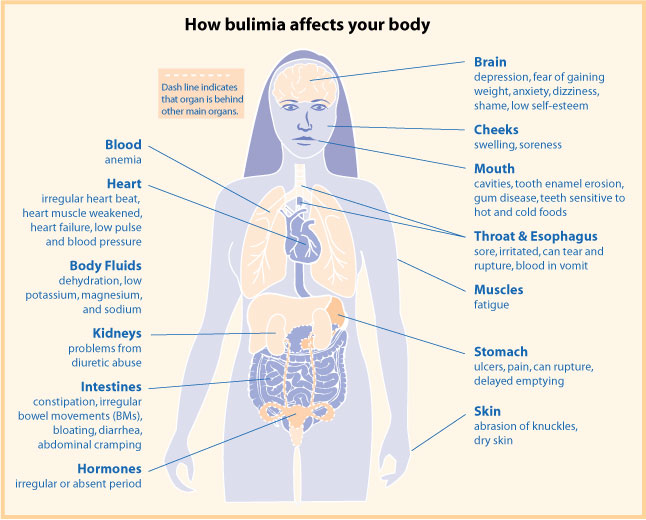For Juliane Gray and her friends, mental illness and substance abuse were just as much of the college experience as academics and Greek life. But it wasn’t openly discussed fifteen years ago and the U.S. doesn’t seem to have made much progress today.
“I believe most students experience some form of depression or anxiety almost immediately after they arrive on campus,” said Gray, a Drexel University alumna.
According to NBC, mental health problems are on the rise among college students. College counselors are seeing a record number of college students who are dealing with a variety of mental health problems.
Gray says it begins with “the extreme of it all – trying to grasp the overwhelming independence, the worries of getting everything done, creating study habits, and the pressure of creating a social life. You only have a few days to find friends and try to get to know them. Most of all, there’s no life experience to prepare you for being so alone.”
John MacDonald, a clinical mental health counselor in New Jersey, said that college students are prone to adjustment disorder, a group of symptoms, mental and physical, that can occur after you go through a stressful life event. MacDonald explained that students are subject to extra pressure while adjusting to college.
“Students are packed in dorms with hundreds of other kids. If they don’t assert themselves socially and go to parties and bars at night, they are left alone at night feeling completely isolated to a new degree,” said Gray, recalling the pressure of it all.
And the pressure doesn’t subside once college students acclimate to campus life. It just seems to shift in response to new stressors.
Gray remembers the pressure of balancing a social life and nightlife with keeping a daily regimen and productive study habits.
According to Learn Psychology, addiction and substance use disorders among college students have become a serious issue that has skyrocketed in recent years. Today, 49 percent of full-time college students drink and/or abuse illegal and prescription drugs. McDonald said 11-12 percent of college students abuse stimulants, such as Adderall and Ritalin.
“I believe anxiety and depression are directly correlated with peer pressure, school work, the expectations to keep grades up so you don’t get kicked out or put on academic probation, and the social factor. Substance abuse is a perfect crutch for these problems,” Gray said, explaining that students access drugs to help them stay up all night to study as well as relieve social anxiety to help them open up to new people.
Aside from social anxiety and academic pressure, McDonald said living away from home is an extra stressor for college students coping with mental illness. According to the National Alliance on Mental Illness, one in five young adults will experience a mental health condition during college.
“One unspoken and unbelievably common mental illness is a form of post traumatic stress disorder from rape,” said Gray, sharing that an alarming number of her friends were sexually assaulted within the first two years of college. According to Gray, living on campus gave them the added pressure of hanging out with their assaulter like nothing happened and they suffered greatly from having to do this.
According to the National Institute of Justice, experts believe that rape and sexual assault are among the most underreported crimes. Several studies indicate that between 18 and 20 percent of female students are raped or sexually assaulted during their college years.
According to Dual Diagnosis, mental health issues triggered by sexual assault – PTSD, depression, eating disorders – can trigger chronic drug and alcohol abuse.
College students are already considered high risk for development of eating disorders, according to Addiction Center. Up to 25 percent of all college students struggle with an eating disorder, according to the National Institute of Mental Health.
“One of my friends had to request a new roommate because her roommate was throwing up in bags and hiding them in the closet,” Gray remembered.
Regardless of the diagnosis, many college students turn to drugs and alcohol to cope with their mental health issues.
“The best, most acceptable, cheapest and easiest coping mechanism is drugs and alcohol,” said Gray. “There is such a stigma against having mental disorders that parents will mask or hide symptoms as a child grows up. Then suddenly, they are out in the world, unaware of their weaknesses, and substance abuse is the most acceptable crutch for anything on the college campus.”
McDonald agrees that prescription drugs are readily available on college campuses and shared a statistic, according to the National Institute of Health, stated in 2016, that rates of amphetamine abuse among college students was significantly higher than their peers who were not in college.
But students can access help on campus and online. Even students without a car can get help for addiction through online meetings or access resources through campus counselors or online.






